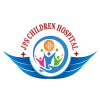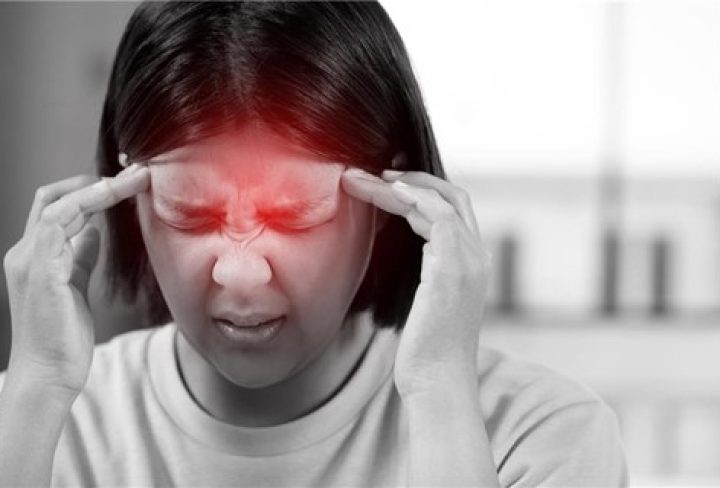Headache is a pain or discomfort in the head and is common in children. Sometimes a headache is associated with nausea and vomiting.
The two common types of headaches in children are:
- Tension headache: Occurs when the neck or head muscles get stressed out
- Migraine headache: Occurs due to specific triggers like physical activity, light, strong smell, or loud sounds
Headache Symptoms:
Some of the common symptoms of headaches include:
- Sharp or throbbing pain
- Pain (head, neck, or face)
- Pale skin
- Dizziness
- Fever
- Blurred vision
- Sensitivity to light
- Nausea and vomiting
Headache Causes:
The common causes of headaches in children include:
- Illness like the flu, an infection, or a fever
- Sinus infection
- Sore throat
- Ear infections
- Head trauma
- Stress
- Anxiety
- Depression
- Tension
Headache Risk Factors:
The below factors increase your child’s risk of getting headaches:
- Stress
- Poor sleep
- Head injury
- Family history of migraines
Headache Diagnosis:
Your child’s doctor will ask some questions about the symptoms and medical history:
The doctor would ask questions such as:
- Where is the pain?
- How do you feel?
- At what time do you get a headache?
- How long does the pain last?
The doctor will ask you the questions such as:
- Is your child’s sleep habit changed?
- Does your child have any emotional stress?
- Does your child have changes in behaviour?
Your child’s doctor can suggest more tests if any serious condition is suspected:
- MRI: This test uses large magnets and computer to produce the detailed images of the body organs
- CT scan: This test uses computer and X-rays to make detailed images of the body. It shows clear images of any body part
- Spinal tap (lumbar puncture): This test measures cerebrospinal fluid (CSF) pressure. It is also useful to check for an infection in the CSF
Headache Treatment:
Simple home remedies work for mild headaches. This include:
- Rest in a quiet, dark environment
- Take medicines recommended by your child’s healthcare provider
- Manage stress
- Avoid foods and drinks that trigger headaches
- Get enough sleep
- Do not skip the meals
Migraine headaches may be treated with medicines, like:
- Abortive medicines: Your child’s doctor will prescribe certain medicines. They can stop a headache in progress.
- Rescue medicines are over the counter (acetaminophen) that halts a headache.
- Preventive medicines: These are prescription medicines that are taken daily to reduce severe migraine headache attacks
Complications:
Below are the complications that might occur with frequent headaches:
· Behaviour problems
· Problems with grades at school
· Depression
Headaches in children are a common problem that can significantly impact their well-being. They can be caused by a variety of factors and may require a combination of treatments. By monitoring their child’s headaches, promoting healthy habits, and seeking medical attention, when necessary, parents and caregivers can help manage this condition and improve their child’s quality of life.


